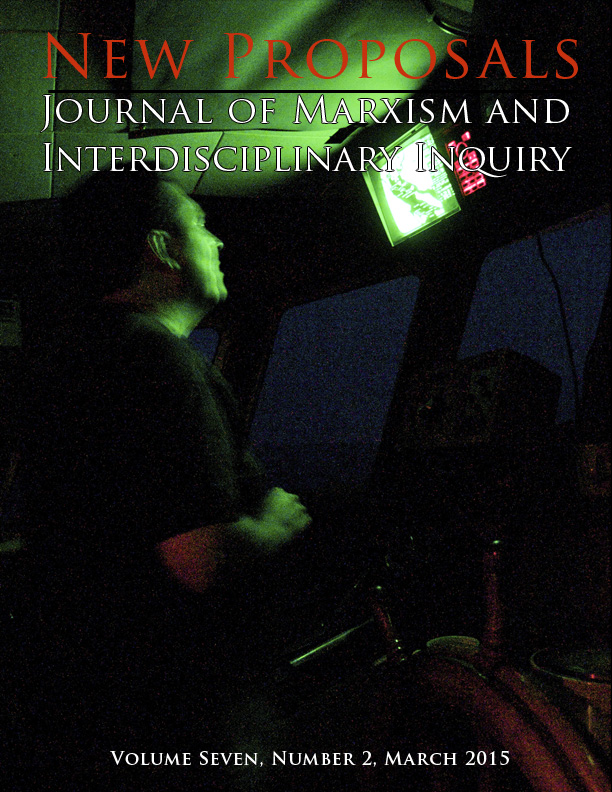The Function of Time in Marcuse’s One-Dimensional World, and its Relevance in the Networked Society
Keywords:
Marcuse, time, network society, political theory, capitalism, one-dimensionalityAbstract
In the 1960s and 1970s Herbert Marcuse’s One-Dimensional Man exerted a profound influence on revolutionary politics and on theories on the effects of capitalism as a system of ‘total administration’. Its analytic power began to fade, however, as capitalism itself began to radically transform in the 1980s. Apart from its historical significance, the work is largely overlooked today. This essay, however, seeks to recover the immense diagnostic power and political relevance that the book still has. Centrally, it is argued that through a theory of temporality, it is possible to see that Marcuse over-determined the power of clock-time under 1960s Fordism, and therefore over-determined the power of ‘total administration’. However, by developing and applying the theory of network time for our post-Fordist age, the new ‘temporalized’ perspective gives Marcuse’s core argument new significance and gives a more positive and potential-filled dimension to his ultimately negative political and philosophical vision from the 1960s.Downloads
Published
2015-01-21
Issue
Section
Articles

